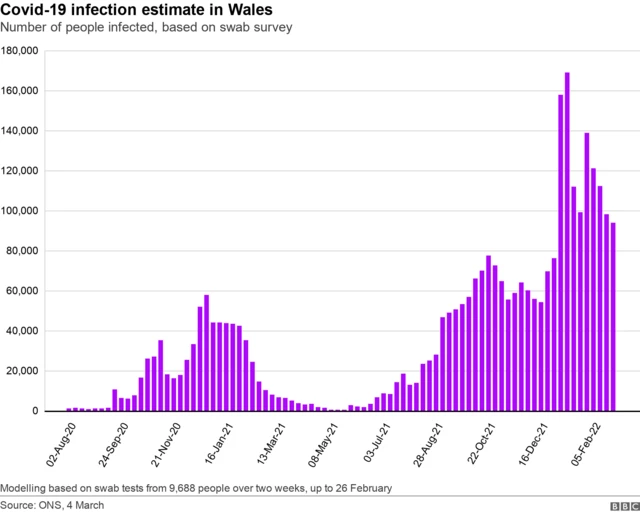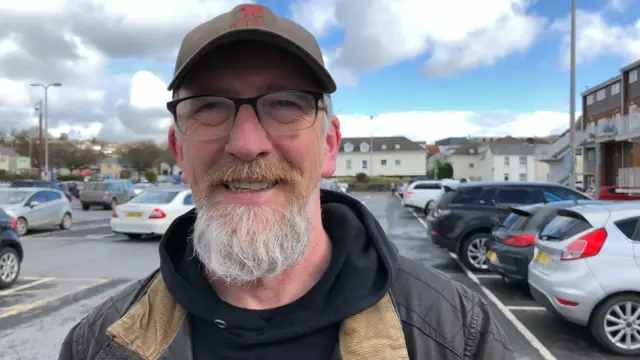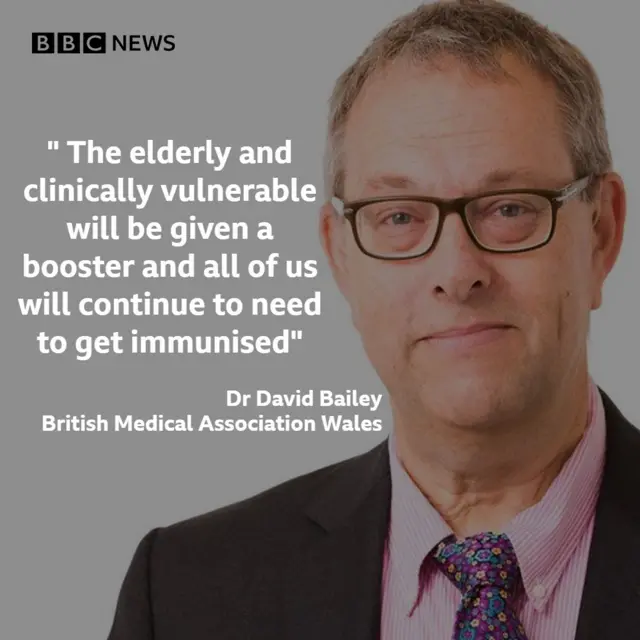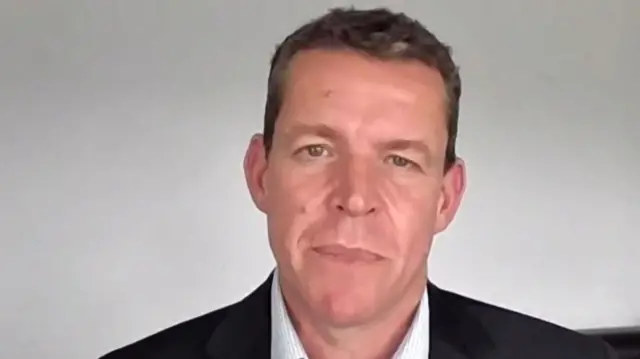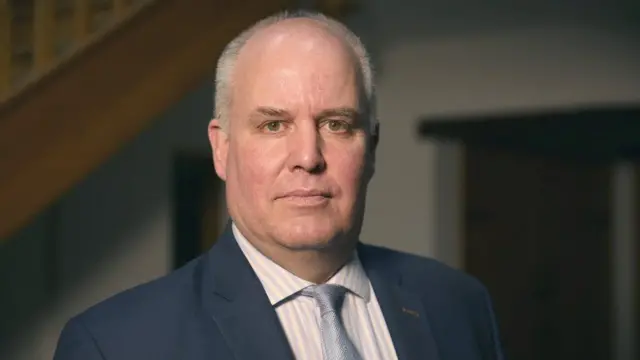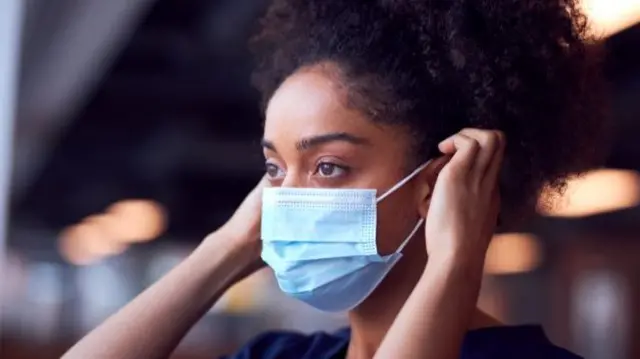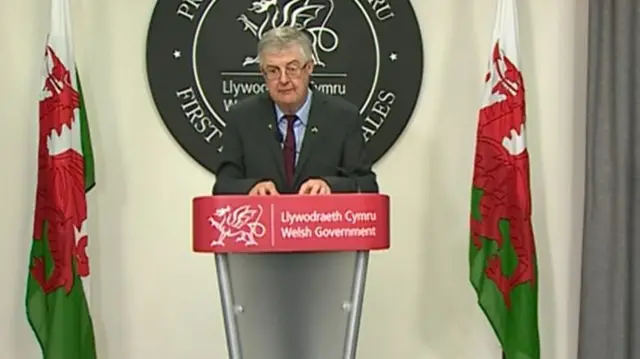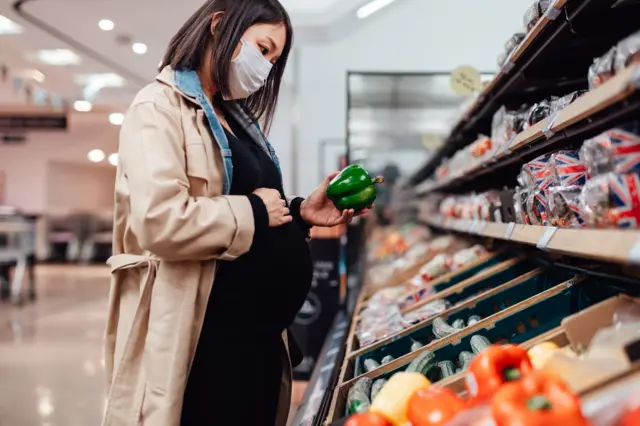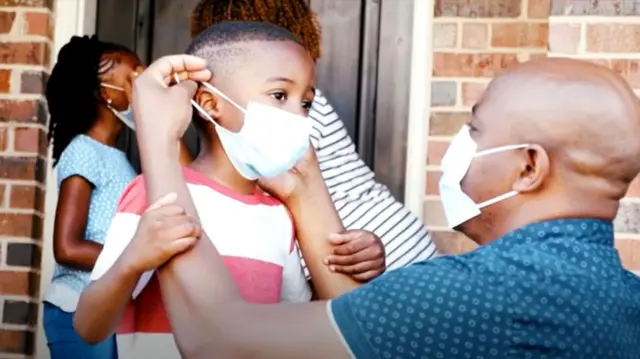Thank you and goodbyepublished at 14:14 GMT 4 March 2022
Thank you for joining us for today's live page on Covid.
It's been positive news for many, with the rest of Covid rules set to be scrapped by the end of March.
But some concerns remain, with the first minister reminding people the pandemic was not over yet.
The main take-aways from today's briefing are:
- Mass testing and Covid rules to be axed
- Mask wearing laws to end
- Drakeford 'will not throw away' slower approach
Have a great weekend!
